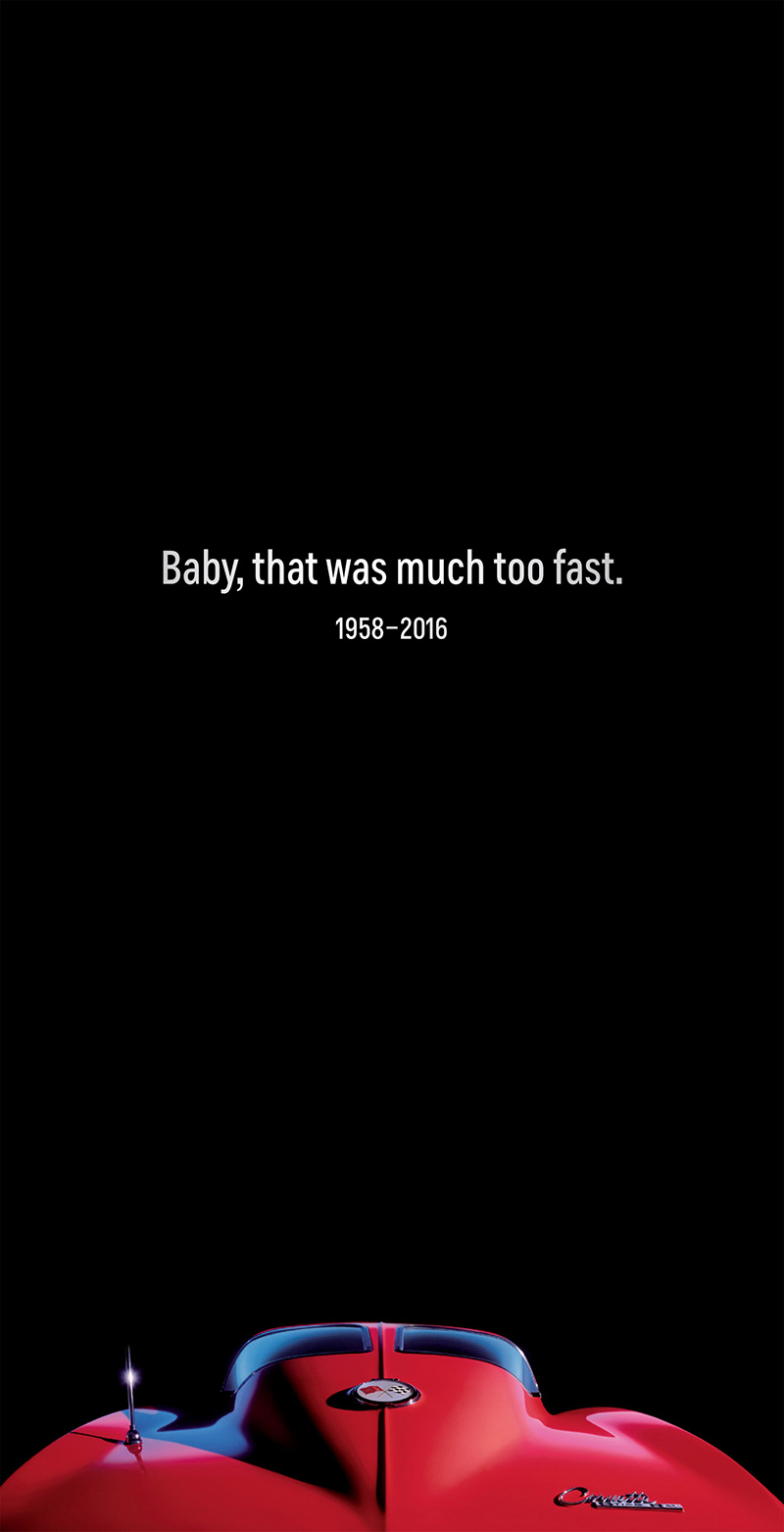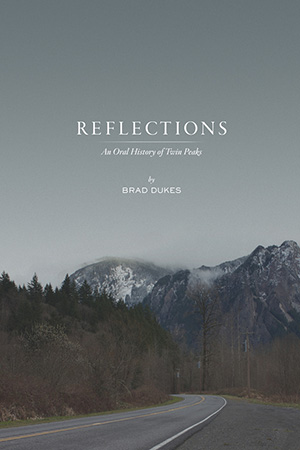1. Best News of the Month: Nico Lang, “Beyoncé speaks for herself: Stop demanding an artist be all things to all of her fans—Her decision to play N.C. instead of protesting HB2 sparked the latest round of call for Bey to fit many molds” (Salon, May 8) Lang: “Beyoncé simply works in mysterious ways, like God herself.”

2. Parquet Courts, Human Performance (Rough Trade) There’s nothing spectacular about the music here. Sometimes it seems functional—support for words. And then a guitar part—a riff, a single chord—can spin your head, bursting out from the side of a vocal as if it’s from a different song, even a different band. (The spaghetti western guitar in “Berlin Got Blurry” is perfect.) The singing—Andrew Savage most of the time, the weaker Austin Brown—is Lou Reed non-singing at its best, without any Lou Reed drawl: colorless. It can be almost unbearably flat. But it’s never dull. It’s not hollow. A sense of blocked desire is always present: the singer’s need to say how the world looks to him cut with the belief that while the need is what keeps him human, it’s pointless. No one’s listening, and even he’s tired of thinking the same thoughts every night. Especially on the six-and-a-half minutes of “One Man No City,” the vortex of the album, the result is a drama of dissent and dislocation that deepens with every play.
3. Commonwealth/McCann Detroit, Corvette advertisement (The New York Times, April 22) As it happened, I was standing in line to board a flight to Minneapolis when Minnesota Public Radio called, saying they had a report that Prince had died, it wasn’t confirmed, but was there anything I could say in case it was true. He had so much left to do, was all I could think of. Over the next days, in a city where, really, there was only one social fact—from the I-35W Bridge lit up in purple that we could just see from our apartment window, Prince’s glyph replacing the name of a store on a sign down the street, the overwhelming absence of a world figure who never left town—the Corvette ad, contrived in an instant, appearing the very next morning, was the plainest statement, and the most honest:

It was a fan’s note, in fans’ language: unsentimental, heartbreaking, and funny.
Then came the deluge. Prince had done everything possible to keep videos and unreleased tracks offline; now they were everywhere, his vaults along with private and commercial archives emptying, a ghost ship drifting through the ether. “Does this mean that because he died intestate his lawyers stopped enforcing his copyright claims for fear of not getting paid?” wrote Jeffrey St. Clair of Counterpunch. There was a slowly coiling “Little Red Corvette” from a performance at Montreux (“film noir,” said the friend who sent it). There was the nine-minute piece based on the slave song “Sometimes I Feel Like a Motherless Child” it would take a John Henry to tunnel through. And a live mash-up of Tommy James’ “Crimson and Clover” and the Troggs’ “Wild Thing,” tunes Prince would have heard on KDWB before he was a teenager—a fan’s note.
4. Nicolette Rohr, “She Loves You YEAH YEAH YEAH: The ’60s Soundscape of Beatlemania,” Experience Music Project Pop Conference (Seattle, April 15) Fans’ screams drowned out the music, Rohr said, but you could listen for the music in the screams: “What does it mean to scream? What do screams voice? I’m happy, I’m sad, I’m excited, I’m scared, I don’t know what I am. Or as some have surmised, I feel trapped, I need to scream. I can scream. I feel free.”

5. Brad Dukes, Reflections: An Oral History of Twin Peaks (short/Tall press) Until Dukes comes to the 1990 episode where Laura Palmer’s killer is revealed—when he murders Sheryl Lee’s Maddy Ferguson, Laura Palmer’s cousin, in a mirror version of the murder that began the show—this is pure Hollywood, everyone falling all over themselves to praise everyone else, not a hitch, a moment of rancor, jealousy, even difficulty. But in the chapter “Back to Missoula,” with, in one day over 12 hours, David Lynch shooting three different death scenes with three different killers—the developer Ben Horne, played by Richard Beymer, Laura Palmer’s father, played by Ray Wise, and “Bob,” played by Frank Silva—and Sheryl Lee dying over and over again, the story explodes on the page just as it did on the screen. “She gave everything she had, she gave more, she gave more than she could afford to give, and she spent years coming back,” says Grace Zabriskie, who played Laura Palmer’s mother. “The performance itself tells the story. No one walks away from work like that unscathed.” Lee is listed as part of the cast for the “Twin Peaks” series scheduled on Showtime for 2017.
6. Rich Cohen, The Sun & the Moon & the Rolling Stones (Spiegel & Grau) When he was 26, Cohen covered the Rolling Stones’ 1994 American tour for Rolling Stone. Today he collaborates with Mick Jagger as a co-creator of “Vinyl.” That he can tell the Stones’ story in just over 300 pages—while cutting forward when it’s called for, ending the tale with “The Last Great Record,” Some Girls in 1978 (“Steel Wheels was old even when it was new”)—is uncanny. Even more so is the way he brings the entire cast of characters down to earth. His familiarity with Jagger, Keith Richards, Charlie Watts, and more allows for a realism the group has always deflected. He writes as someone who thinks he missed the party, but isn’t sure he’d like who he’d be if he hadn’t. “Why was this music important?” he asks, calling up a time when people “believed the next album would clarify everything.” “Can rock save your soul? Is it a religion? If so, why did it go the way of Zoroastrianism?” He can catch the way a record can seem to remake the world (“The song fanned out like a poker hand, all face cards,” he says of hearing Muddy Waters’ “Mannish Boy” in a café in Amsterdam), and, with the story of how Brian Jones was so paranoid about Bob Dylan he thought both “Like a Rolling Stone” and “Ballad of a Thin Man” were about him, how songs make a world you can’t escape.
Cohen likes to fix the meanings of songs, as if songs have single meanings (“‘Parachute Woman’ which is about groupies, or record promoters, or possibly both”—as opposed to, as a review of Beggars Banquet I’ve never forgotten put it, Mick Jagger merging himself with the map of the U.S.A., a notion that doesn’t close the song but opens it). But he can see through petty claims of influence and ownership, as with Ry Cooder’s insistence that Keith Richards stole open G tuning from him to write “Honky Tonk Woman” (“The songs don’t come from tuning; tuning is a net woven to capture the song that was there from the beginning”). At Altamont in 1969, as the Stones played “Under My Thumb,” the fan Meredith Hunter drew a gun after being attacked by Hells Angels and was murdered by them; Cohen is absurdly credulous about self-serving claims by the likes of Angels chief Sonny Barger that Hunter fired the gun (“According to Barger, he fired once. Others say he fired twice”), when, as has been made clear from the Rolling Stone Altamont cover story on January 21, 1970, a deeply researched account that defined the event, to Joel Selvin’s forthcoming book Altamont, no shots were ever fired. But Cohen can also look into the eyes of his story without blinking: of those left behind, whether Marianne Faithfull or Andrew Loog Oldham or Brian Jones or a hundred others, he writes, “When you’re out, you’re out. Of energy, confidence, everything. They got so much from the association—a sense of importance, belonging, borrowed celebrity. More than they realized till it was over. They spend the rest of their lives telling the stories.” Cohen can perhaps see himself in those lines, but he’s already done the job.
7. Blackball, “Bone to Pick,” from Blackball EP (Sorry State) Pure rage, against nothing so vague as the machine, and even better in a 15-minute YouTube set from Slim’s in Raleigh, North Carolina, last year. There is no room in their sound not to take it seriously: Ericka Kingston’s voice feels like she reamed out her throat with a trowel, in order to speak more precisely.
8. Sandy Denny, I’ve Always Kept a Unicorn: The Acoustic Sandy Denny (Island) Demos, outtakes, live performances, broadcasts, from 1967 to 1977—Denny, the most ethereal, faraway voice in all of anything that could ever have been called folk rock, died in 1978 at 31. Listening, you can’t credit that she would have lived much longer, or wanted to. Death is everywhere in these performances, hovering over “Fotheringay” at the start and crawling through “I’m a Dreamer” at the end, and not just because you know how the story came out.
9. My Golden Days, directed by Arnaud Desplechin, written by Desplechin and Julie Peyr (Why Not Productions/France 2 Cinema) A teenage romance. A lifetime later, two of the boys involved with the same girl run into each other, and in a few brief moments, happening in sequence but with such frightening emotion they seem broken off from each other, Mathieu Amalric lets you understand how some events in a life can never be resolved; how, as you move through a lifetime, memories dragging it down can make certain you can never live it.
1____0. Nige Tassell, “Never mind the bus pass: punks look back at their wildest days,” (The Guardian, May 7) As modestly moving as a newspaper piece can be, with Steve Ignorant, lead singer of the Essex band Crass, now a lifeboat man; Lesley Woods, fearlessly acrid lead singer of the Birmingham quartet Au Pairs, now a barrister; Terry Chimes (aka Tory Crimes), drummer for the Clash, now a chiropractor; Manchester fan David O’Brien, now a vicar; Jordan, Sex Pistols stylist, now a veterinary nurse; and Ausaf Abbas, bassist in the South London combo Alien Kulture (“Our name came from Margaret Thatcher, who’d made an infamous comment about how Britain was in danger of being swamped by an alien culture”), now a banker, all testifying to how punk never left them. “The experience of challenging and changing the establishment was good for everyone at the time,” Chimes says. “Whatever you do after that you bring that with you: the sense that things don’t have to be the way they are.” “Punk showed me you could be whatever you wanted to be, and that’s the way I’ve lived my life,” Jordan says. “I haven’t changed.” She remembers “the trouble I got in at school” for her red and pink Mohawk. “A lot of my old teachers still live locally and bring their animals in,” she says. “Now these teachers say, ‘Oh, I always loved how you looked.’ A bit of history has been rewritten.” “I’m sure my 20-year-old self would look at me and shout, ‘Sellout!’” says Abbas. “But I don’t feel like a sellout. I’m just older and wiser. I’m 55 now. I’m old, fat and bald. When I tell people I was in a punk band, most just laugh and think I’m joking. But I’m very proud of what we did. In our own way, we helped Asian kids stand up and be counted for the first time in this country. Why wouldn’t you be proud of that?” And though she does, posing in her courtroom wig and cloak, Lesley Woods doesn’t have to say a word.
Thanks to Steve Perry, Charles Taylor, Robert Loss, Steve Weinstein, and Jeffrey St. Clair.








